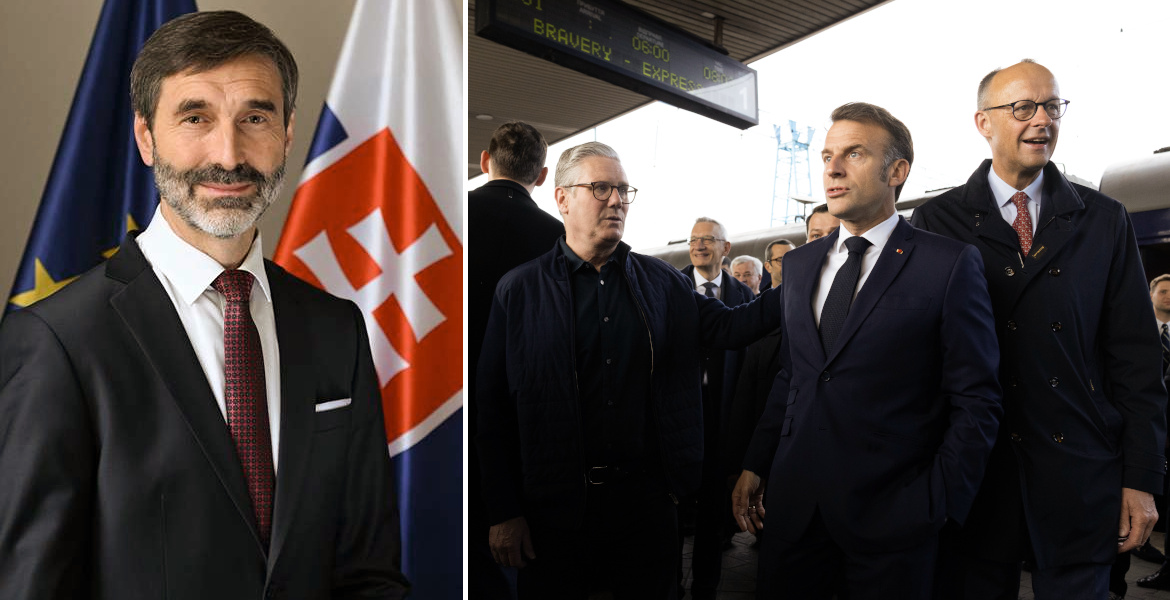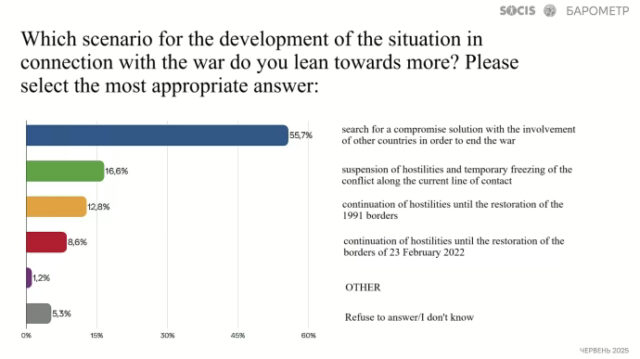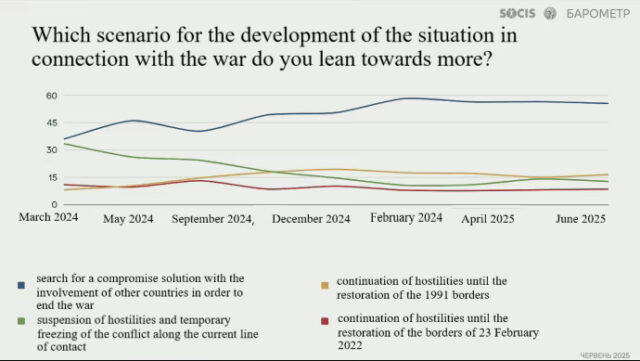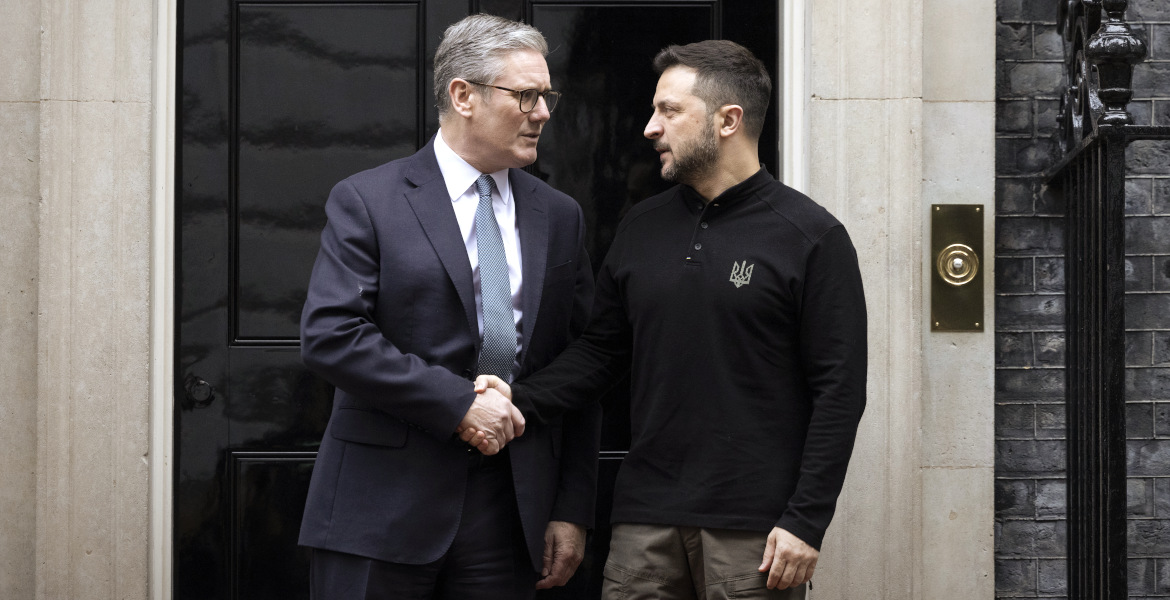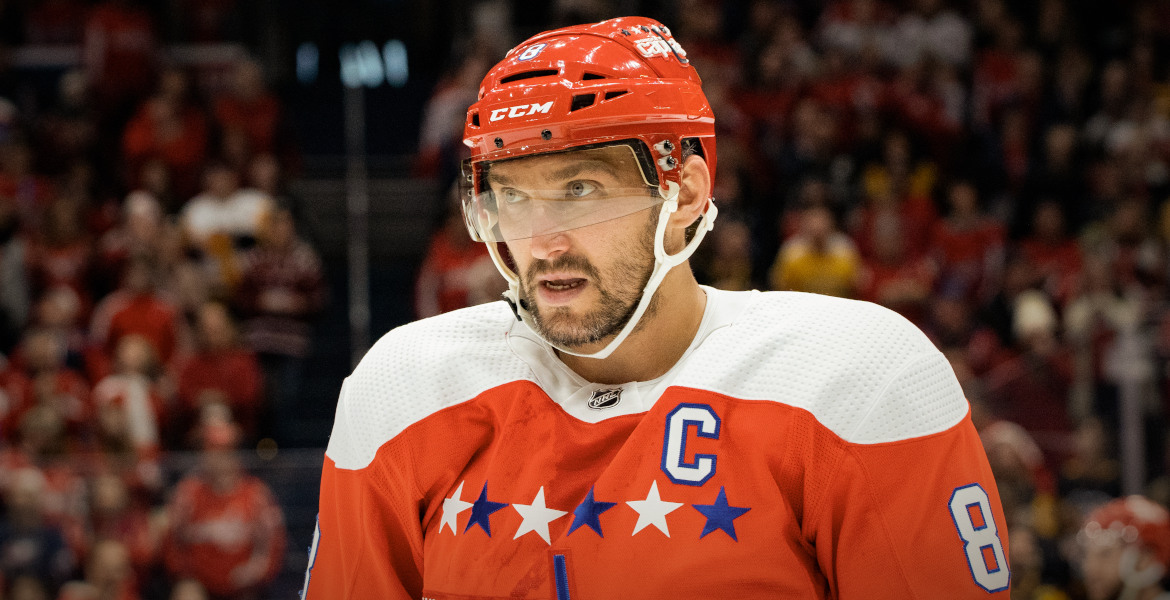Douglas Macgregor, educated at the prestigious West Point, is a highly decorated, now retired, colonel who among other things served as one of the leading commanders in the Gulf War and was one of the planners of NATO’s bombing campaign in Yugoslavia in 1999. His philosophy on modern warfare is said to have influenced the overarching American strategy during the invasion of Iraq in 2003, and he has also served as an advisor to the Pentagon. In relation to the Ukraine war, however, Macgregor has become widely known to the public for his detailed and candid analyses, which offer a different perspective on the proceedings and the situation than what is presented in mainstream media reports.
According to the colonel’s overall analysis, the conflict primarily stems from a reluctance on the part of the West to accept Ukraine’s neutrality. He has drawn parallels between Russia’s reactions to Ukraine’s approach to NATO and the American reactions during the transportation of Soviet missiles to Cuba during the Cuban Crisis. Initially, according to Macgregor, the Russian invasion forces consisted of a limited army of about 40,000 troops, a modest force by military standards intended to shock Ukraine and its Western allies in a final desperate attempt to get them back to the negotiating table. The demands were neutrality for Ukraine, autonomy for the Donbass republics, and recognition of Crimea’s annexation to Russia.
– From the very beginning, Putin and his advisors were never interested in a war with NATO or the U.S. That’s why you’ve had so much incrementalism, this slow grind of movement forward. Defensive operations for a long period of time to build up force, and then continued offensive operations, he says in an interview with Tucker Carlson.
Such a peace agreement, according to Israel’s then-Prime Minister Naftali Bennett, was very close to being reached during the negotiations in Istanbul in March 2022. However, after pressure from the US and UK, Ukraine withdrew from the negotiations at a late stage, prompting Russia to make a strategic retreat from the Kiev region and focus on taking control of most of the predominantly Russian-speaking areas in the southeast, where they established defensive lines.
– If they had made peace back in March or April, I think the Russians would have retained very little territory, probably Luhansk and Donetsk, the two so called breakaway provinces and I think there had been guarantees for neutrality of Ukraine, and guarantess of equal rights before the law for Russians. That’s what people don’t understand, most of this has to do with abuse meated out to Russians in Ukraine, by the Ukrainian government, summarizes Macgregor, pointing out that the government in question was essentially installed by the USA following the Maidan coup in the country in 2014.
“A disaster for Ukraine”
The sizeable Ukrainian army, which at the outset was estimated by some to be almost ten times the size of the Russian forces, has since then launched an offensive in a devastating manner, according to Macgregor, while Russia primarily operated from a favorable defensive position and in the meantime gradually mobilized up to a million soldiers.
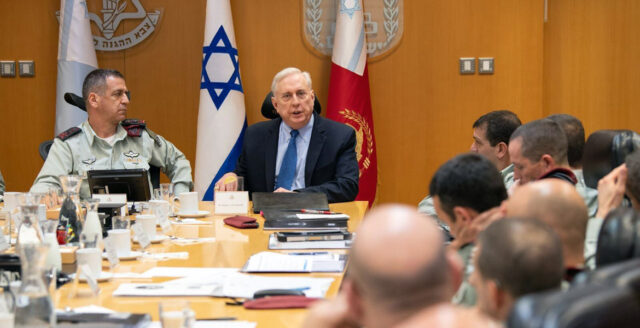
Since the start of the war, NATO and the collective Western world, including Sweden, with the USA in the driver’s seat, have pumped in military aid amounting to trillions in Swedish kronor. Despite this, the Ukrainian army has never really had a chance, Macgregor argues. He estimates that as many as 400,000 Ukrainian soldiers have lost their lives in the battles, referring, among other things, to analyses of newly dug graves in satellite images. Meanwhile, he believes, Russian casualties can be estimated to be only a fraction of Ukraine’s – around 50,000 killed in action.
– This inhumanity cannot be stressed enough, as the wounds Ukrainian soldiers sustain on the battlefield are injuries most of them will never recover from. We don’t know how many people have already been disabled, but we’re talking about tens of thousands. I’ve heard some say 70,000, others 60,000. It’s insane. They stand no chance of winning, he expresses.
The explanation for Russia’s extreme advantage despite its smaller force initially, according to the colonel, is not just that it’s a much larger country, but primarily that they have developed a modernized form of warfare that mainly relies on advanced space surveillance and extensive artillery support. In practice, the Ukrainian army has had very poor conditions to defend itself, even though it has closely cooperated with the USA. In contrast to the general media portrayal that’s still broadcast on many state channels, he believes the situation for Zelensky’s administration is overall desperate.
– Even more money being thrown down a rat hole when he absolutely has no chance of winning – which he never did, and his government is really unpopular in Ukraine. They’re gathering people off the streets, going to the Carpathians, looking for any living person they can find there. They want NATO’s governments to round up Ukrainian men of draft age and send them back to Ukraine to die in the Russian meat grinder, says Macgregor.
“A collapsed state”
Macgregor has long been deeply critical of the US support for the Ukrainian leadership in Kiev and emphasizes that those who have suffered the most from the policy and the failing diplomacy in the end have been the Ukrainian people. He notes that Ukraine has effectively been shattered and that many millions have left the country, seeing it as unlikely that these will return to any significant extent.

– The longer this goes on, the more people are senselessly slaughtered and the destruction of Ukraine becomes even greater. Ukraine is now effectively a collapsed state and may be completely erased from the map, he says.
According to Macgregor, Russia, in sharp contrast to the general media image, has made great efforts to minimize civilian casualties. This is partly because the population in the territories where they have operated is largely ethnically Russian and because they also view Ukrainians as a fraternal people. He also points to this as one of the reasons for reports that more and more Ukrainian soldiers have surrendered to the Russian army when they could no longer fight.
– The Soviet army was an exercise in barbarity and brutality, mass rapes and all that. That’s not Russia today. It’s a very different society and state, Macgregor argues.
People are getting rich in Washington, DC while the people of Ukraine are getting killed and their nation is being destroyed.
This is all about money.
Make Peace you fools!
— Douglas Macgregor (@DougAMacgregor) September 23, 2023
Rather, according to the colonel, from the Western side, they have not at all had the best interests of the Ukrainian people in mind, where cynical geopolitical motives come into play. His support for Ukraine is largely based on a stubborn hostility towards Russia stemming from Vladimir Putin’s administration, unlike predecessor Boris Yeltsin, managing to establish the country as an independent state with a traditional Orthodox Christian culture. This is something the ruling oligarchy in the West disapproves of as it poses a barrier to accessing Russia’s vast natural resources and is also perceived as a growing threat to their power position in Europe.
– It’s probably another reason why so many want to destroy Russia, for it’s the last European state that hasn’t been overrun by foreigners and turned into some sort of polyglot experiment, he adds.
From the American perspective, Ukraine has been seen as a strategic power base and battering ram that they’ve done everything to turn against Russia. Macgregor, for instance, points out that the US, according to recordings of Deputy Secretary of State Victoria Nuland, handpicked the Ukrainian government after the coup in connection with the Maidan revolution, when the neutrally oriented president Viktor Yanukovych was overthrown.
“We don’t need Ukraine in NATO”
Macgregor points out that the negotiating room has shrunk significantly for the US-led block and Ukraine since the outbreak of the war.
– The Russians have a series of demands – which at the beginning of the war were suggestions – and Ukraine and the West seem unwilling to consider any of them. Ukraine will not join NATO, period. So Ukraine can remain neutral.
– We don’t need Ukraine in NATO. Ukraine as a neutral state is actually a wonderful idea. That’s almost 500 miles between us and the Russians. Is that a bad thing? Not at all.
As part of the effort to stop the war, Douglas Macgregor recently launched the civil rights movement Our Country Our Choice. An initiative across current party lines aimed at uniting the American population and strengthening public opinion against the war in general and the US’s involvement in particular.
– Whatever we have set out to achieve has failed, what we need to do now is stop this and come to a settlement that we might not like but it needs to happen and soon, before this thing is out of control, says the colonel, who, however, does not see any signs of interest in peace negotiations from the Western-Ukrainian side, despite the dire situation.
– The people bathing in blood are in Kiev and Washington, not in Moscow. This sort of thing is gonna play well until it can’t. We’re gonna see this whole thing collaps and implode, it’s coming, Macgregor states.


